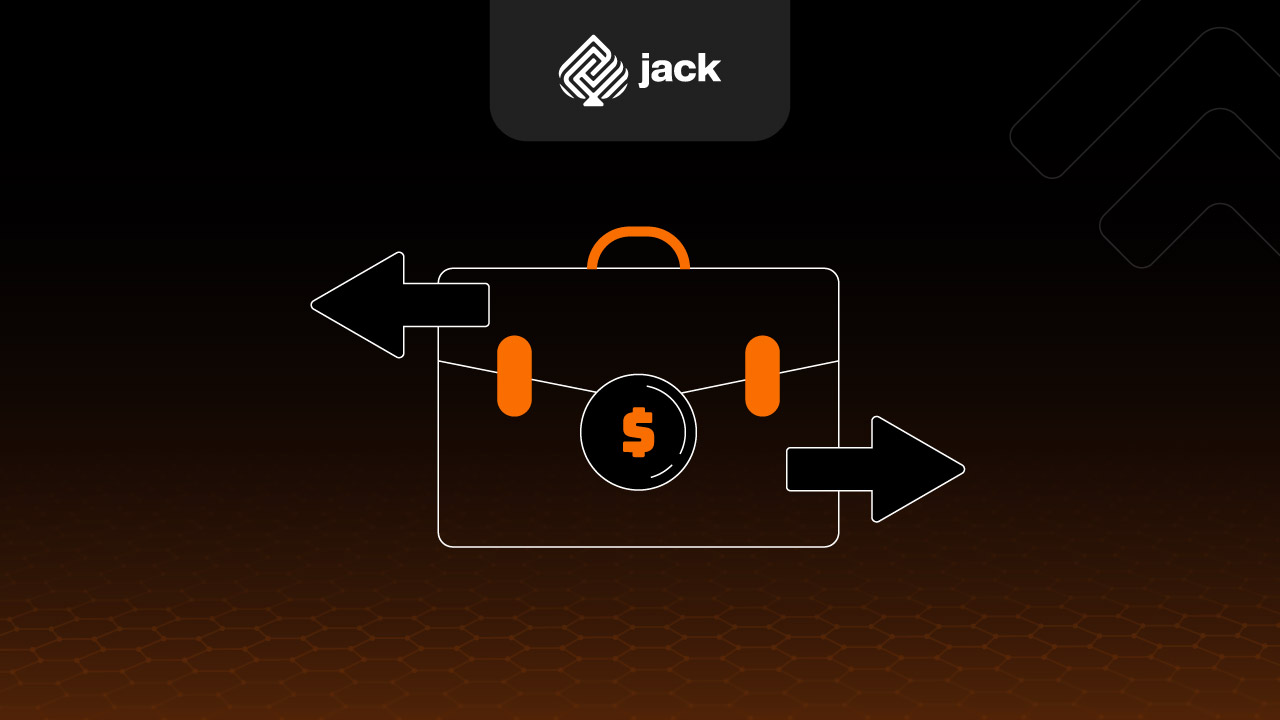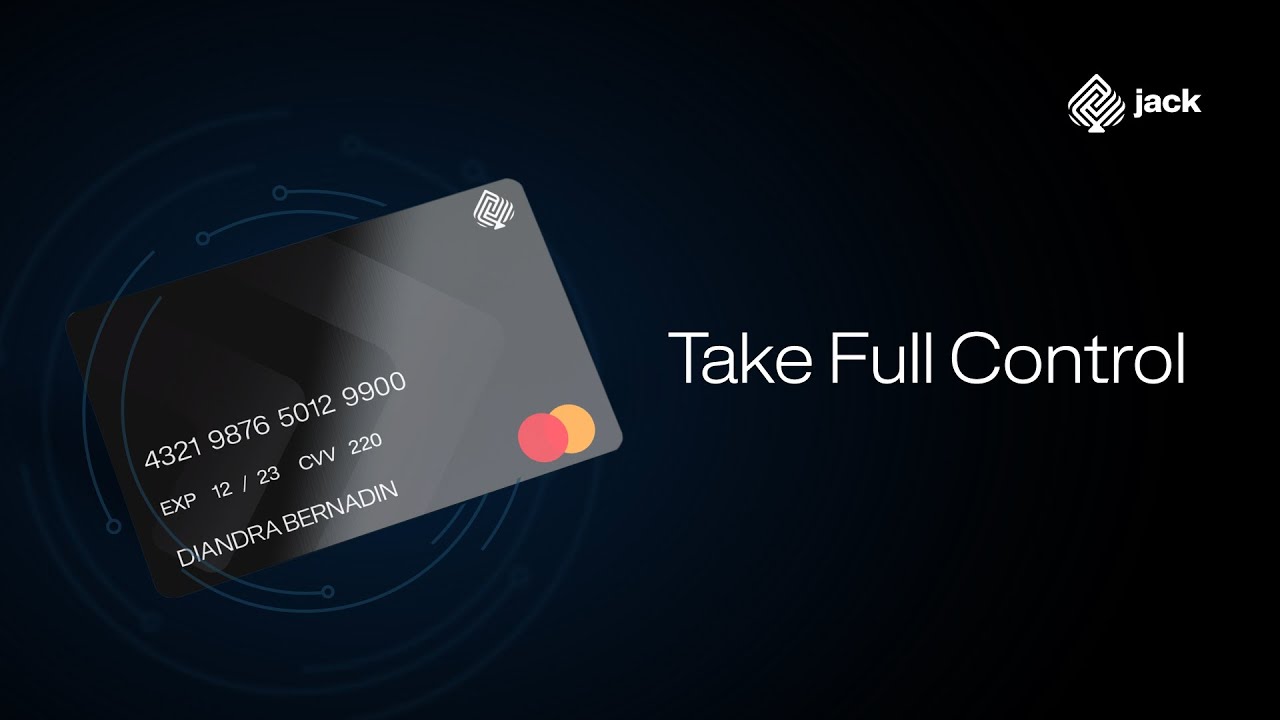A company’s financial transactions form the foundation for managing cash flow, revenue, and liabilities. Every action taken in business, whether purchasing raw materials, selling products, or paying employee salaries is a transaction that impacts the company’s financial standing.
In this article, Jack will discuss different aspects of financial transactions, their types, and best practices for managing them to ensure your business remains stable and grows.
Also read: Easier, Automatic, and Real-Time Transactions with API Disbursement
What Are Financial Transactions in a Company?

Simply put, financial transactions in a company refer to all activities directly related to company finances that can be measured in monetary terms. These transactions include purchasing goods, paying debts, or receiving payments from customers. Every transaction affects the company’s financial reports and must be recorded accurately.
Financial transactions also play a crucial role in managing cash flow, determining whether a company has enough funds for daily operations. Without proper record-keeping, businesses risk financial difficulties that could lead to significant losses.
Spend with Flexibility, Anywhere with Jack
Types of Financial Transactions in a Company
Companies deal with various types of financial transactions daily. Categorizing them helps businesses understand how each transaction affects different aspects of financial reporting.
1. Internal Transactions
Internal transactions occur within the company and do not involve external parties. These include asset depreciation, operational expenses, or budget allocations.
Examples:
- Depreciation of machinery or vehicles
- Expenses for salaries and office operations
Even though they do not involve third parties, internal transactions are vital for managing assets, improving operational efficiency, and providing a clear picture of the company’s financial position.
2. External Transactions
External transactions involve interactions between a company and external parties such as suppliers and customers. Examples include purchasing raw materials, paying off debts, or receiving payments.
Examples:
- Purchasing raw materials from suppliers
- Selling products or services to customers
These transactions directly impact financial reports, particularly revenue and liabilities.
3. Transactions Based on Purpose
This category differentiates transactions based on their primary purpose—whether they support business activities or not.
a. Business Transactions
These transactions are directly related to a company’s core activities, such as purchasing raw materials or paying employee salaries.
Examples:
- Employee salary payments
- Purchasing production equipment
b. Non-Business Transactions
These transactions do not directly relate to core business activities, such as Corporate Social Responsibility (CSR) initiatives or donations.
Examples:
- Donations to social causes
- Expenses for corporate events not related to sales
4. Transactions Based on Payment Method
Transactions can also be classified based on how payments are made. There are three types:
a. Cash Transactions
Payments are made immediately and recorded at the same time. Examples include store purchases or payments using debit/credit cards.
b. Credit Transactions
Payments are deferred and can be made over a specific period, such as installment-based purchases.
c. Non-Cash Transactions
Payments are made digitally, such as through bank transfers or e-wallet platforms.
Methods for Recording Financial Transactions in a Company

Proper bookkeeping of financial transactions is crucial for smooth business operations. Two primary accounting methods are commonly used: accrual and cash basis.
1. Accrual Accounting Method
This method records transactions when they occur, regardless of when payments are made or received. It is commonly used by large businesses with complex financial activities, providing a more accurate picture of financial health.
2. Cash Accounting Method
Unlike the accrual method, cash accounting records transactions only when payments are made or received. It is commonly used by small businesses or startups with simpler financial activities.
3. Double-Entry Accounting Method
This method records every transaction twice—as a debit and credit—to maintain financial balance. It ensures accurate financial statements and simplifies audits.
Also read: Corporate Card: Definition, How it Works & Benefits for Startups
Common Financial Transactions in a Company
Businesses encounter several types of transactions daily. Here are some common examples:
1. Sales and Purchases
Selling goods or services and purchasing raw materials are the primary activities of any business. Proper record-keeping ensures accurate financial reporting.
2. Payments
Routine expenses such as employee salaries, taxes, and utility bills must be recorded accurately to manage financial obligations effectively.
3. Accounts Receivable
Managing receivables is essential for maintaining a steady cash flow. Late or unpaid invoices can disrupt business operations, making effective receivables management crucial.
4. Business Financing
Financing transactions, such as issuing shares, securing loans, or managing working capital, also significantly impact a company’s financial standing.
How to Effectively Manage Financial Transactions

Proper financial transaction management is key to ensuring business continuity. Here are some essential steps:
1. Maintain a Financial Budget
A realistic budget helps control income and expenses, ensuring efficient cash flow management.
2. Keep Accurate Records
Detailed and structured record-keeping is fundamental. Using accounting software or digital tools minimizes errors and improves efficiency.
3. Monitor and Settle Business Obligations
Timely payments help maintain good relationships with suppliers and avoid unnecessary financial burdens.
4. Manage Accounts Receivable Efficiently
Proper receivables management ensures timely payments from customers, keeping the company’s cash flow stable.
5. Prepare Regular Financial Reports
Accurate and consistent financial reports help businesses analyze their financial health and make better strategic decisions.
Use Jack for Your Business Needs

Managing financial transactions effectively is crucial for smooth business operations. With numerous transactions occurring daily, a system that simplifies and automates these processes is essential.
That’s why we recommend Jack, an all-in-one financial platform that makes managing corporate transactions effortless. Jack offers solutions like Corporate Cards, Bill Payments, Local Transfers, and International Transfers, all in one easy-to-use platform.
With Jack, you can manage your company’s finances more efficiently and with better control. Register your company now to simplify financial transactions today!





